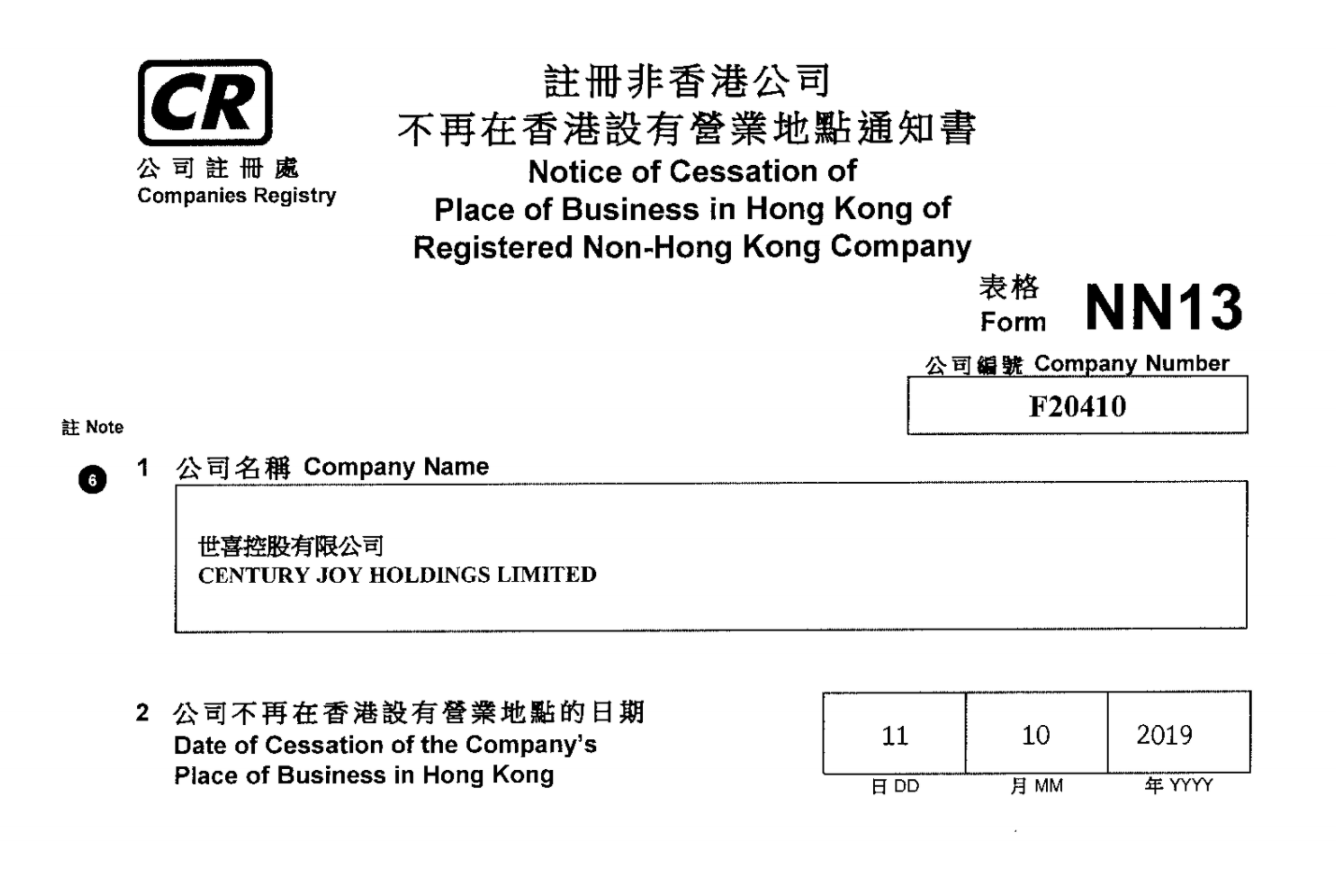Steps to Follow Before Developing Custom Mobile Apps for Your Brand

Do you think mobile apps are the game of big brands like Amazon and Bank of America? If it is, your thoughts are not flowing in the right direction. The mobile-first approach is after all the initiation towards digital transformation. With the gradual and prompt changes in customer behavior, small to large businesses across all verticals have re-analyzed their business paradigms. The consideration in the development of mobile applications is one of such efforts that businesses worldwide are preferring these days. Consequently, the demand for a reputed mobile app development company is rising as the center of business models across industries. Nowadays, whether it is a restaurant or an e-commerce business, custom mobile apps prove effective for all.
The total count of smartphone users globally is around 5.44 billion at present
Considering the craze for mobile phones, enterprises are preferring a more productive interaction with their potential customers via smartphones. Every kind of business intends to spread its brand values across the digital landscape. And is there any other option than developing custom mobile apps? Unless you develop a dedicated and customized mobile app for your business, you will never become able to take a fair share of the potential digital market.
But, the thing is that developing mobile apps is not as easy as it sounds. In addition, the competition is also getting fiercer. There are specific aspects to evaluate before you embark on designing and developing custom mobile apps for your business.
Critical Steps to Follow to Build Custom Mobile Apps
Just like SaaS application development can turn your business process a breeze, custom mobile apps can turn your efforts to lead generation and profit-making into effortless. The following are the crucial checkpoints you must consider before developing customized mobile apps for your business. Let’s peel off all the critical aspects of mobile app development.
Pinning Down the Business Pain Points
Every business follows distinctive models and strategies. Hence, the core pain points also vary from business to business. For instance, the pain points of a software development company may arise from delayed product releases. On the other hand, the pain points of an e-commerce business may spring from customer dissatisfaction with the support team.
So, from the above two examples, it is clear that the pain points are the hurdles hindering a company’s growth. From these pain points, you can build the foundation of developing custom mobile apps for your brand. As a matter of fact, your business may undergo several pain points.
The first thing you should do is identify your business obstacles. Secondly, try not to panic if the number of pain points leaves you in shock. The pain point can spring up from any corner of your business. from team collaboration and customer support inefficiency to insufficient supply. After that, try to identify the pain points from the core of your business operations. Lastly, once you gather the information regarding the obstacles, customized mobile app development will not seem like a distant dream. But, yes, while putting efforts into mobile app development, don’t let your pain points hold back the free flow of innovative ideas.
Determining Audience
After you decide on the focus points of your custom mobile apps, now is the time to determine your targeted audience.
- Who are your targeted customers?
- What are the expectations of your audience?
- Do they want better products and services?
- Do your customers expect better support from your company?
Furthermore, do you want to make your mobile apps accessible company-wide or approach a specific group? Fundamentally, it is crucial to evaluate all these aspects before you invest in custom mobile apps development. Similar to pain point identification, circling the targeted audience will help you lift the blocks in your way. Moreover, unless you determine your targeted audience, how can you decide whether you want Android mobile app development, iOS apps, or both?
What about the Platform
Once you settle with your targeted audience and get the answers to questions like who will use your app, choosing the Operating System seems like a piece of the pie.
On Choosing Android,
- Android smartphones are in more hands compared to iOS.
- You will get a broad range of prospects.
- Android OS for mobile app development suits the best for businesses having a targeted audience across India, Africa, and China.
On Choosing iOS,
Most of the time, developers build apps for Apple first and then for Android. In terms of mobile app development and branding, iOS seems the first choice of developers.
Wrapping up
In conclusion, mobile app development requires a series of analyses of the market, business pain points, and audience. Above all, don’t slip from your business goals. Never forget why you have considered mobile app development as the best way to grow your revenue.
The mobile apps market revenue will surpass $935 billion by 2023.
In contrast to any other business and marketing strategies, mobile app development steals the show. You can either build an in-house team or hire custom mobile apps development services to guide you in this journey. Most of all, a professional mobile apps development company will provide you with a deeper insight into the mobile apps design and development project.




